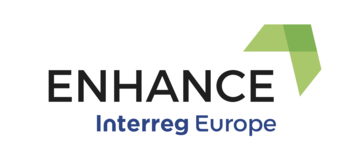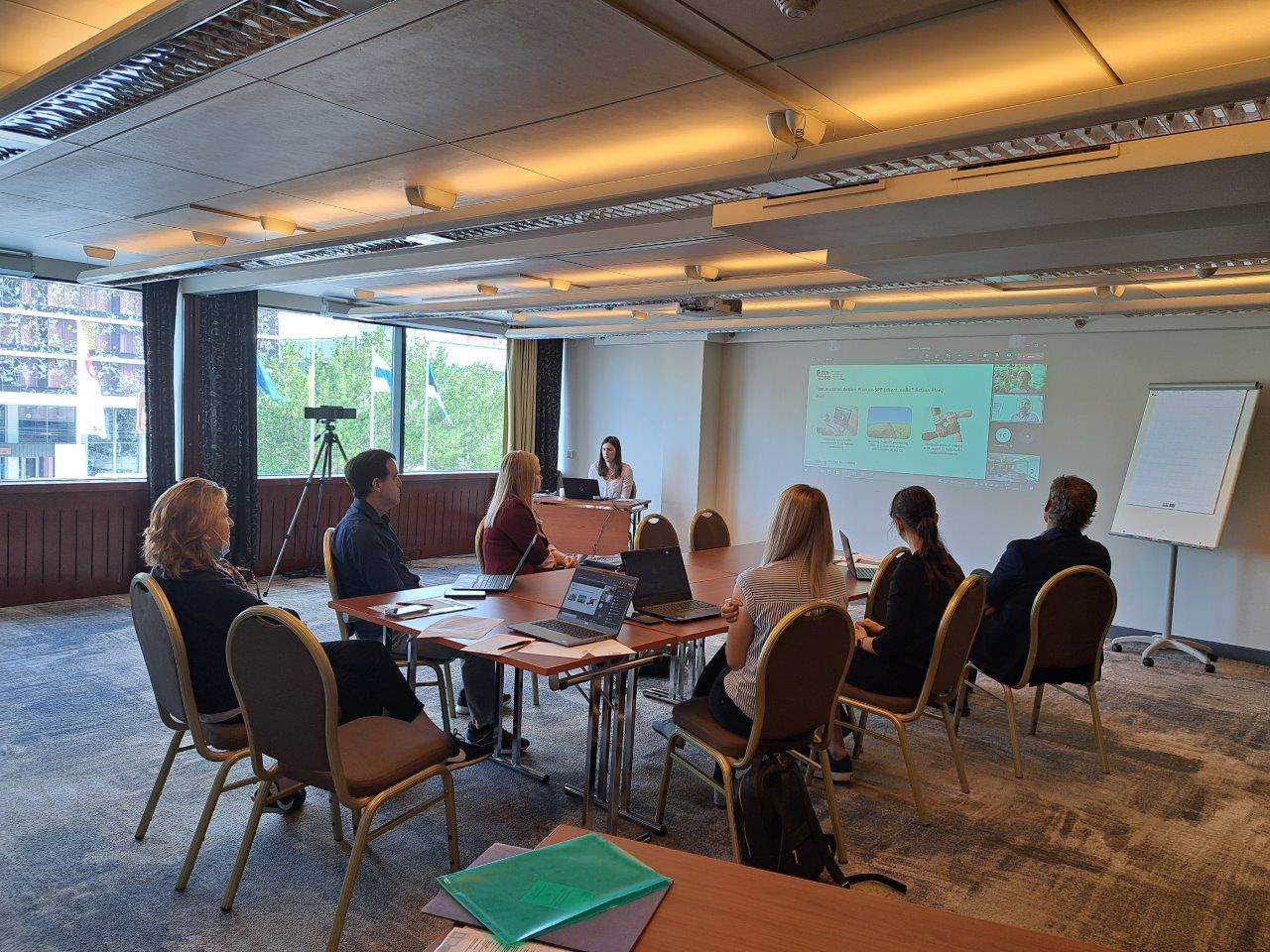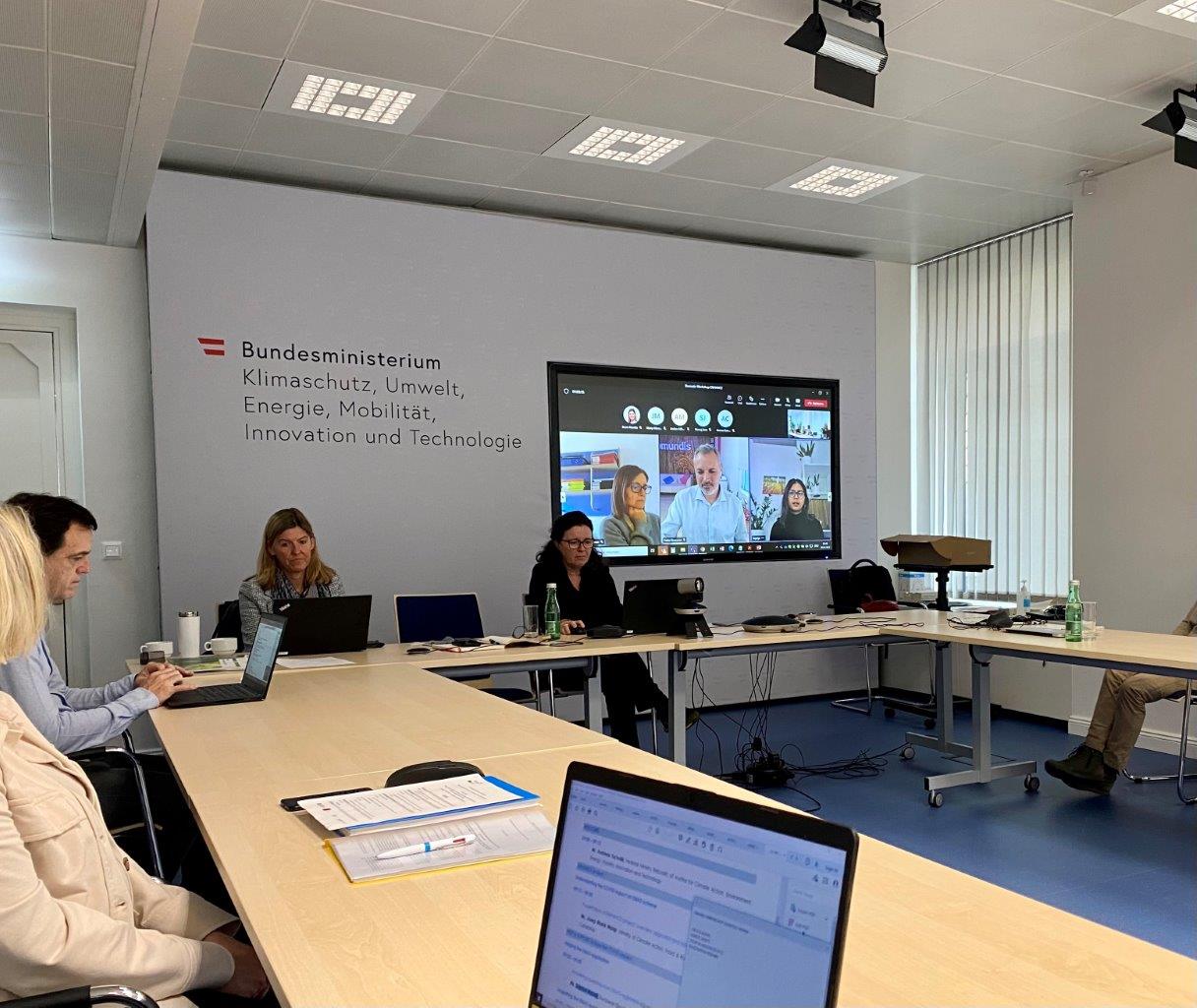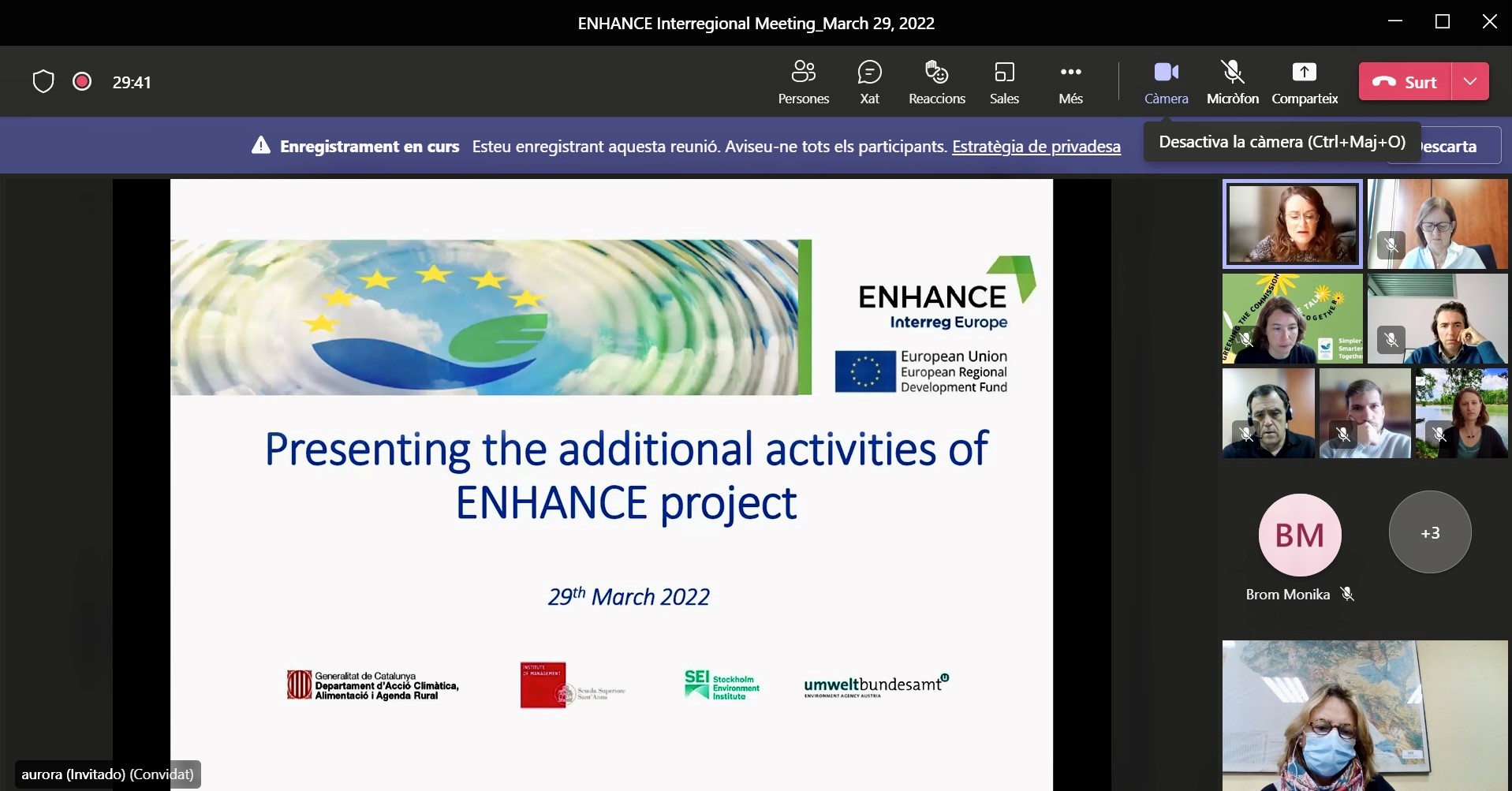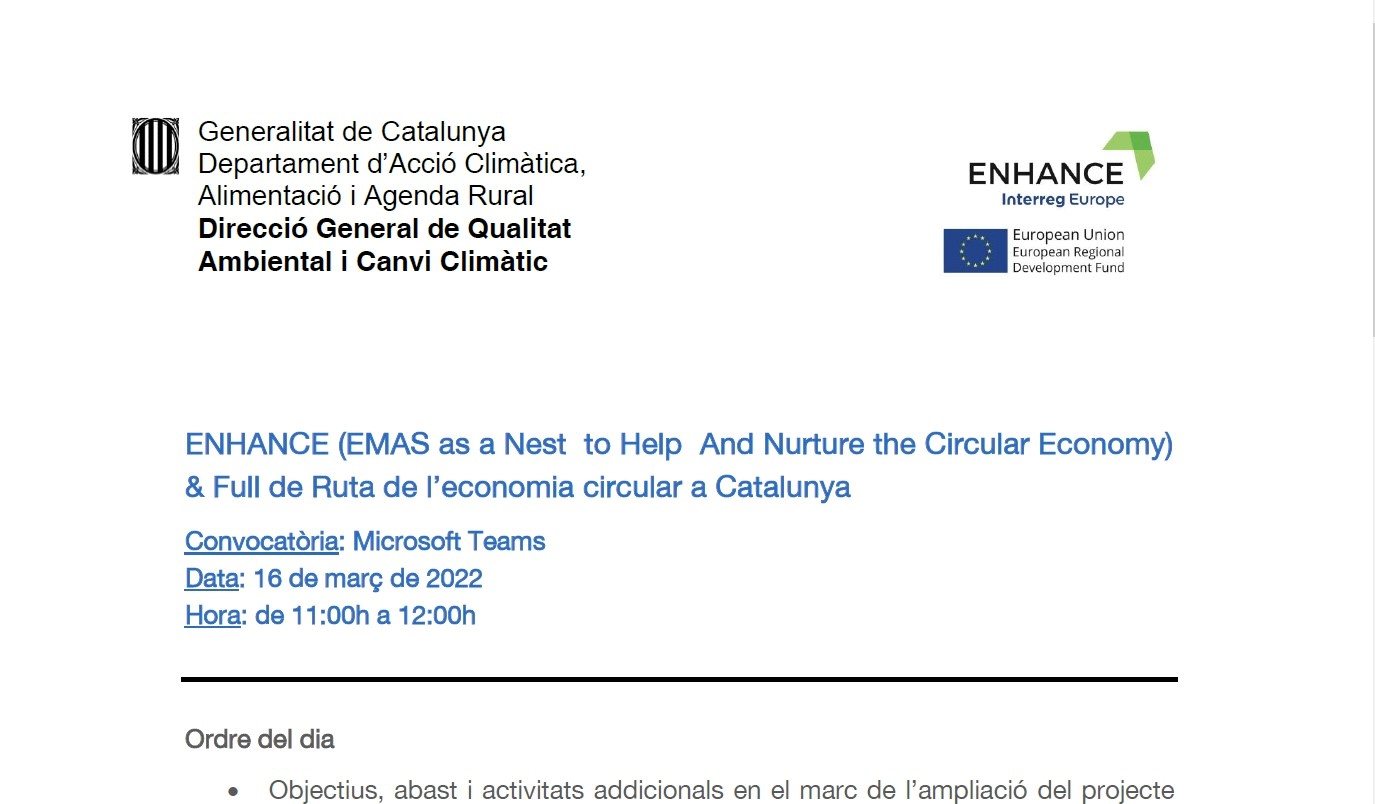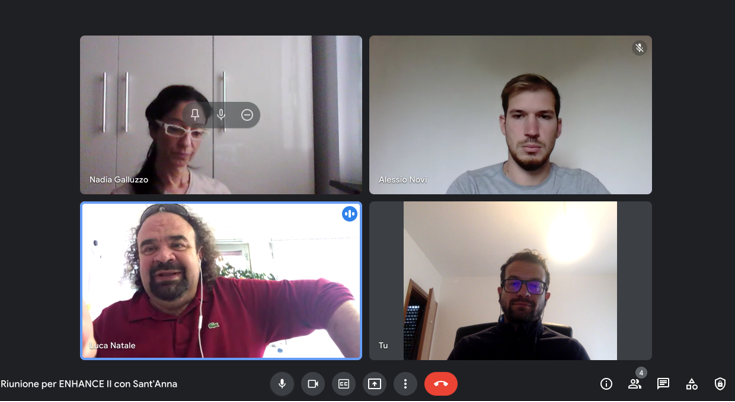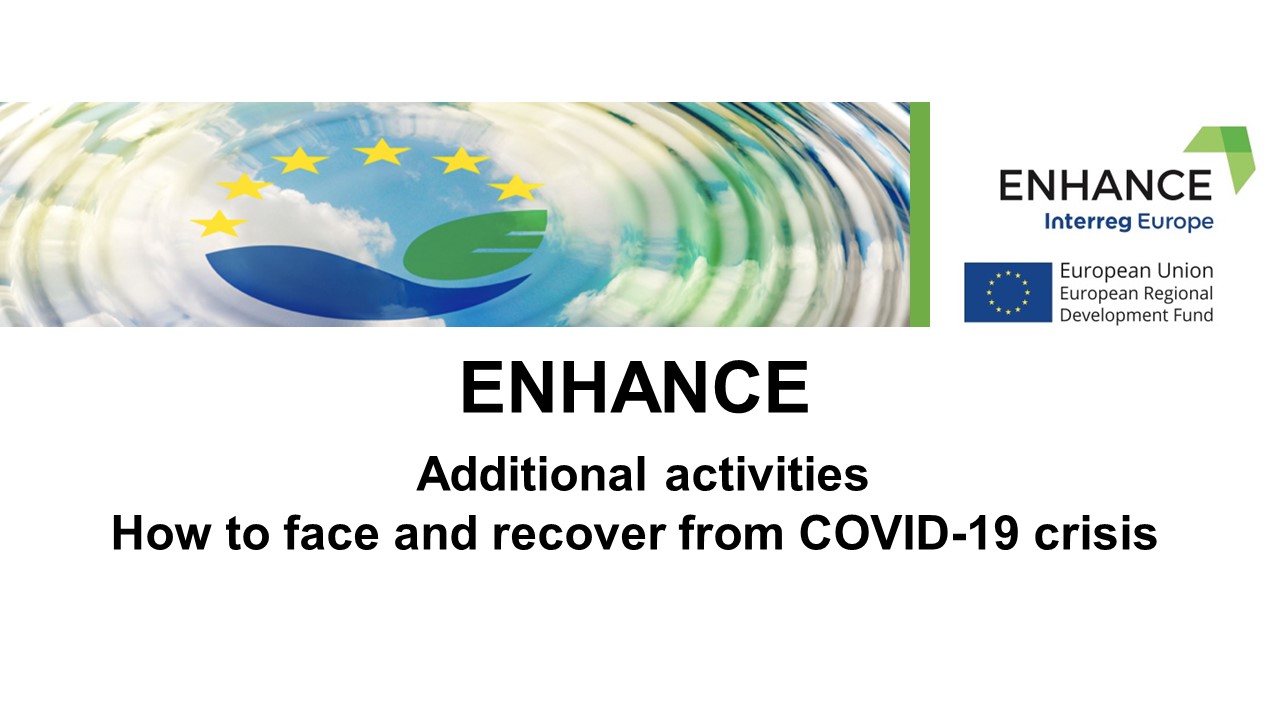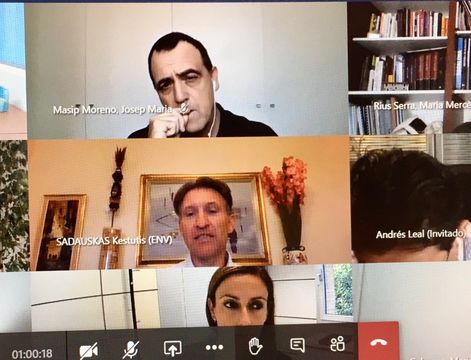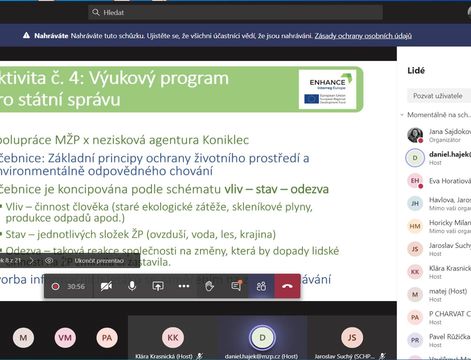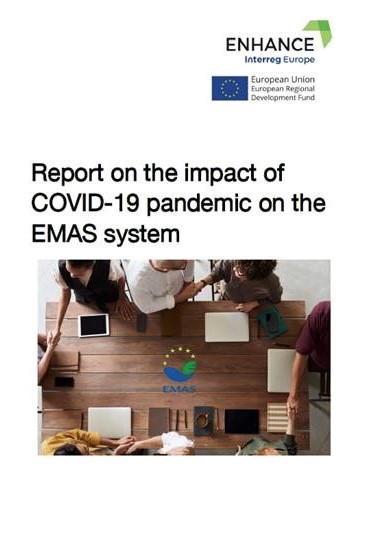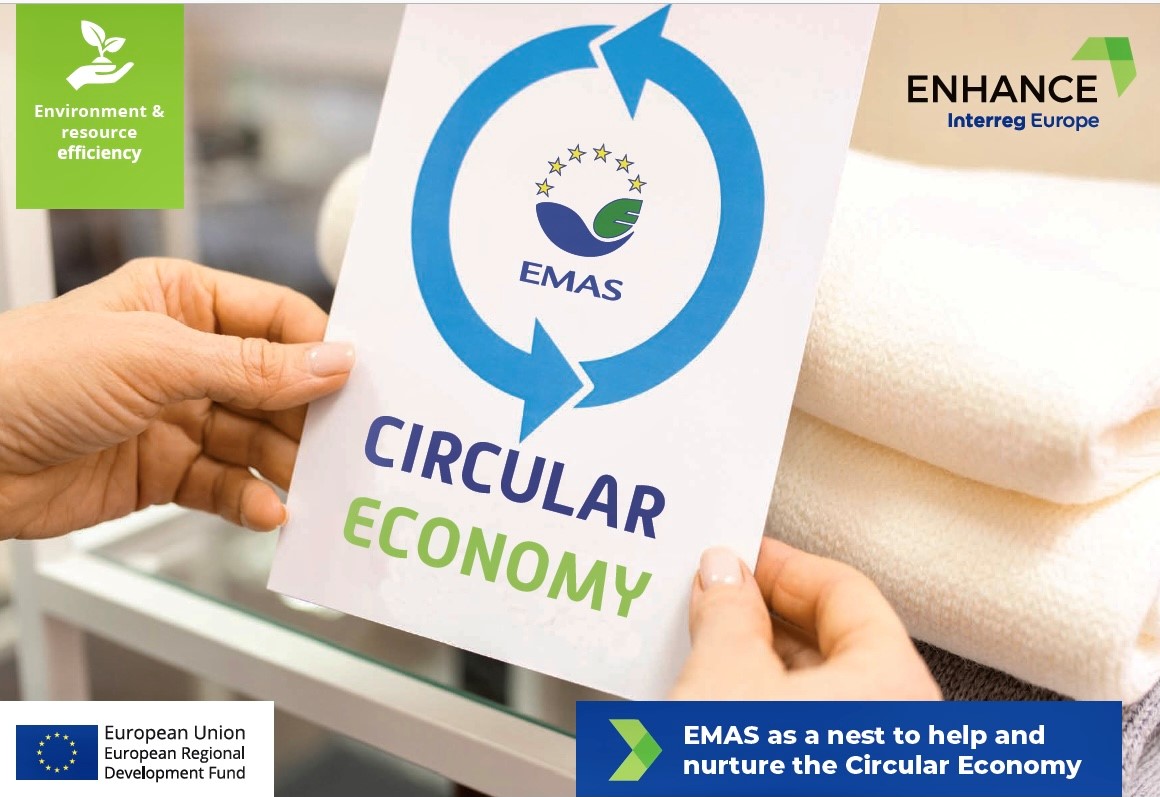Incentivizing EMAS through green public procurements
ENHANCE project partners came together in Tallinn, Estonia in February 2018 and discussed and shared experiences of EMAS (the EU Eco-Management and Audit Scheme) implementation in the context of green public procurements in their countries. Based on the examples of Spain, Austria, Italy, the Czech Republic and Estonia, a set of recommendations was drafted.
Europe's public authorities are major commissioners and consumers of services. By choosing environmentally friendly services and products (this is what we know as Green Public Procurements, GPP), they can use their purchasing power to make an important contribution to sustainable consumption and production.
Even though a voluntary tool, GPP plays a vital role in the European Union’s endeavours to become a more resource-efficient economy. In order to be effective, GPP requires the inclusion of clear and verifiable environmental criteria for products and services in the public procurement process. Including EMAS, the EU Eco-Management and Audit Scheme, as a criterium in a service contract is one possibility for assuring environmental accountability.
That means that a service contract, the result of a procurement, would have a clause requiring that the awarded company must have a valid EMAS registration by the time of contracting or must implement EMAS within 2 years from the date of beginning of the contract. Therefore, including EMAS as a criterium in GPPs can also be an effective measure of boosting the EMAS scheme itself and its implementation.
Currently, the potential of the so-called EMAS-GPP collaboration has not yet been fully used, but there are some positive examples. This has been successfully used in Spain in procuring transport services for instance. Using such clause in a contract gives all companies, with or without EMAS, an equal right to participate in the tender. However, those with a valid EMAS registration have a cost advantage as the costs in connection with EMAS implementation have already been covered.
However, it would not be reasonable to require EMAS from all the tenderers. It is advisable that such a clause be used only in certain sectors, where it can be better and more easily linked with the subject matter of the procurement, e.g. waste management, transport, cleaning etc.
Another option to give EMAS an advantage in GPP would be not only to require any environmental management system (EMS) from the companies but to ask for an (annual) environmental statement or report verified by a third party. As EMAS is differentiated from other EMS by its compulsory environmental statement, this could be used as criteria in the procurement. E.g. to ask a tenderer to provide data and information about their environmental performance and improvements, whereas the data has to be validated by a third body. That means that any EMS (incl. ISO 14001 and self-declared) is acceptable but in addition a contracted company has to submit a third party verified environmental statement. This is not a restriction to any company, just more costly for non-EMAS companies.
In addition to project partners, the event gathered also a variety of stakeholders from the project countries, as well as Robert Kaukewitsch, Green Public Procurement Officer in DG Environment of the European Commission who gave an overview of the GPP trends and the current situation of GPP in Europe.
The workshop held in Tallinn was one of the five international workshops organised during the ENHANCE project and the results collected from all the workshops will be used as input for developing the action plans for incentivizing EMAS implementation in the project countries.
